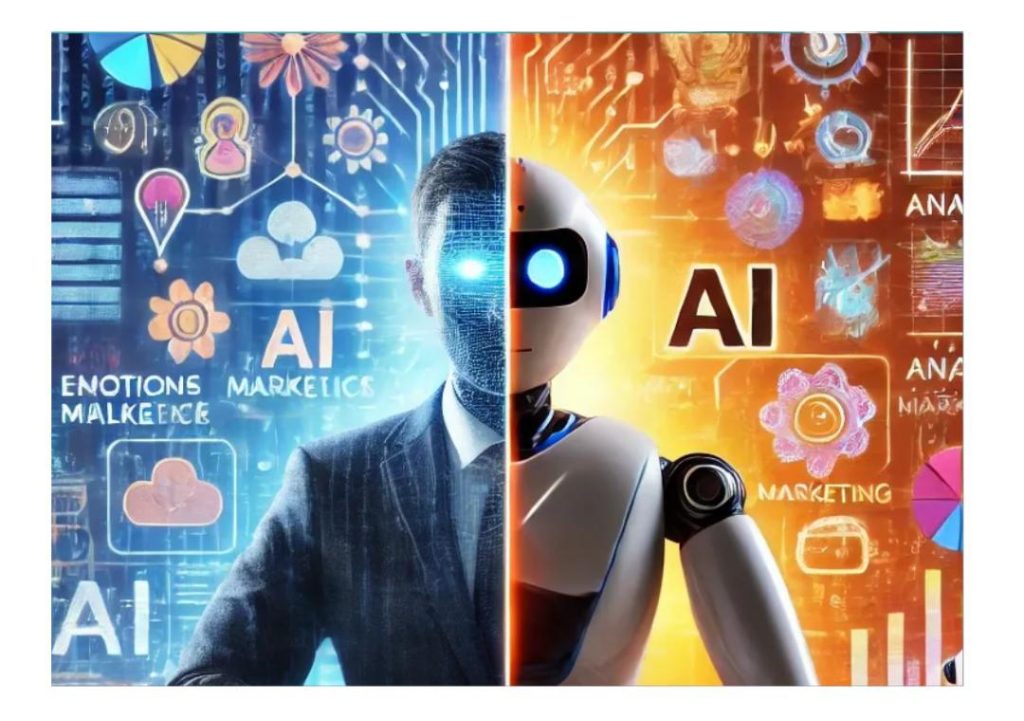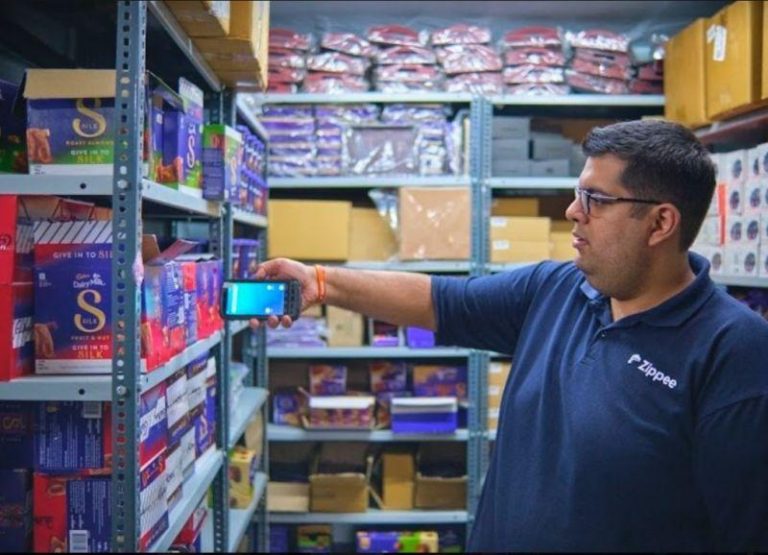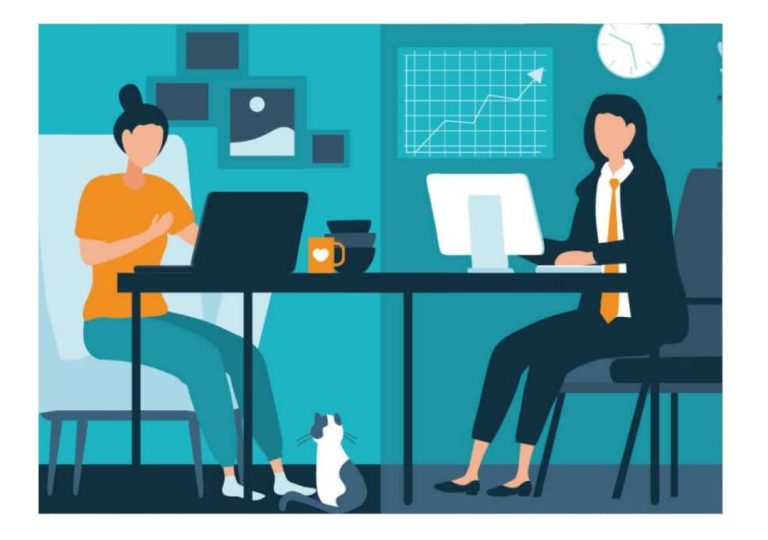
Is AI Enhancing Your Team or Replacing Their Thinking?
The dawn of the AI era has brought significant changes to the modern workplace. Gone are the days of manual data entry, tedious administrative tasks, and endless hours spent on repetitive chores. AI has taken the reins, automating tasks and freeing up employees to focus on what matters most – thinking, creativity, and innovation.
However, as AI becomes increasingly integrated into our daily work lives, a crucial question arises: is AI enhancing our teams or replacing their thinking? The answer lies in how we choose to utilize this powerful technology.
The Benefits of AI
AI can do it all – from intelligent scheduling to content generation, it’s helping employees achieve more in less time. For instance, AI-powered chatbots have become the norm in customer service, allowing businesses to provide 24/7 support without the need for human intervention. AI-driven analytics tools are also revolutionizing data analysis, enabling teams to make informed decisions with ease.
Moreover, AI is helping employees upskill and reskill, preparing them for the future of work. As automation takes over routine tasks, AI is empowering workers to focus on higher-value tasks that require creativity, empathy, and critical thinking.
The Risks of AI
While AI offers numerous benefits, there’s a risk of it replacing human thinking altogether. As AI becomes more advanced, it’s essential to ensure that it’s used to augment human capabilities, not replace them. When AI is used solely to automate tasks, it can lead to a loss of human skills and creativity.
Furthermore, relying too heavily on AI can result in a lack of accountability and transparency. AI systems can make decisions without human oversight, leading to unintended consequences and biased outcomes.
The Key to a Balanced Approach
So, how can we ensure that AI enhances our teams rather than replacing their thinking? Here are a few key takeaways:
- Start with a clear understanding of your team’s strengths and weaknesses. Identify areas where AI can augment their capabilities, and focus on developing skills that are complementary to AI.
- Implement AI in a way that enhances human thinking, not replaces it. For instance, AI-powered tools can help employees research and analyze data, but it’s essential to involve human judgment and creativity in the decision-making process.
- Foster a culture of collaboration and transparency. Ensure that AI systems are designed with human oversight and accountability in mind, and that teams are equipped to work effectively alongside AI.
- Prioritize upskilling and reskilling. As AI takes over routine tasks, invest in employee development programs that focus on higher-value skills like creativity, problem-solving, and critical thinking.
The Future of Work
The future of work is uncertain, and it’s crucial that we navigate the AI landscape with caution. By adopting a balanced approach that leverages the benefits of AI while preserving human creativity and thinking, we can create a more efficient, effective, and fulfilling work environment.
In conclusion, AI isn’t just automating tasks; it’s reshaping how people work. From intelligent scheduling to content generation, it’s helping employees focus on thinking, not typing. The challenge is balance: use AI to boost value, not dilute human creativity. When thoughtfully integrated, AI becomes a partner not a threat.
Source:
https://www.growthjockey.com/blogs/tech-forward-future-landscape-modern-workplace






